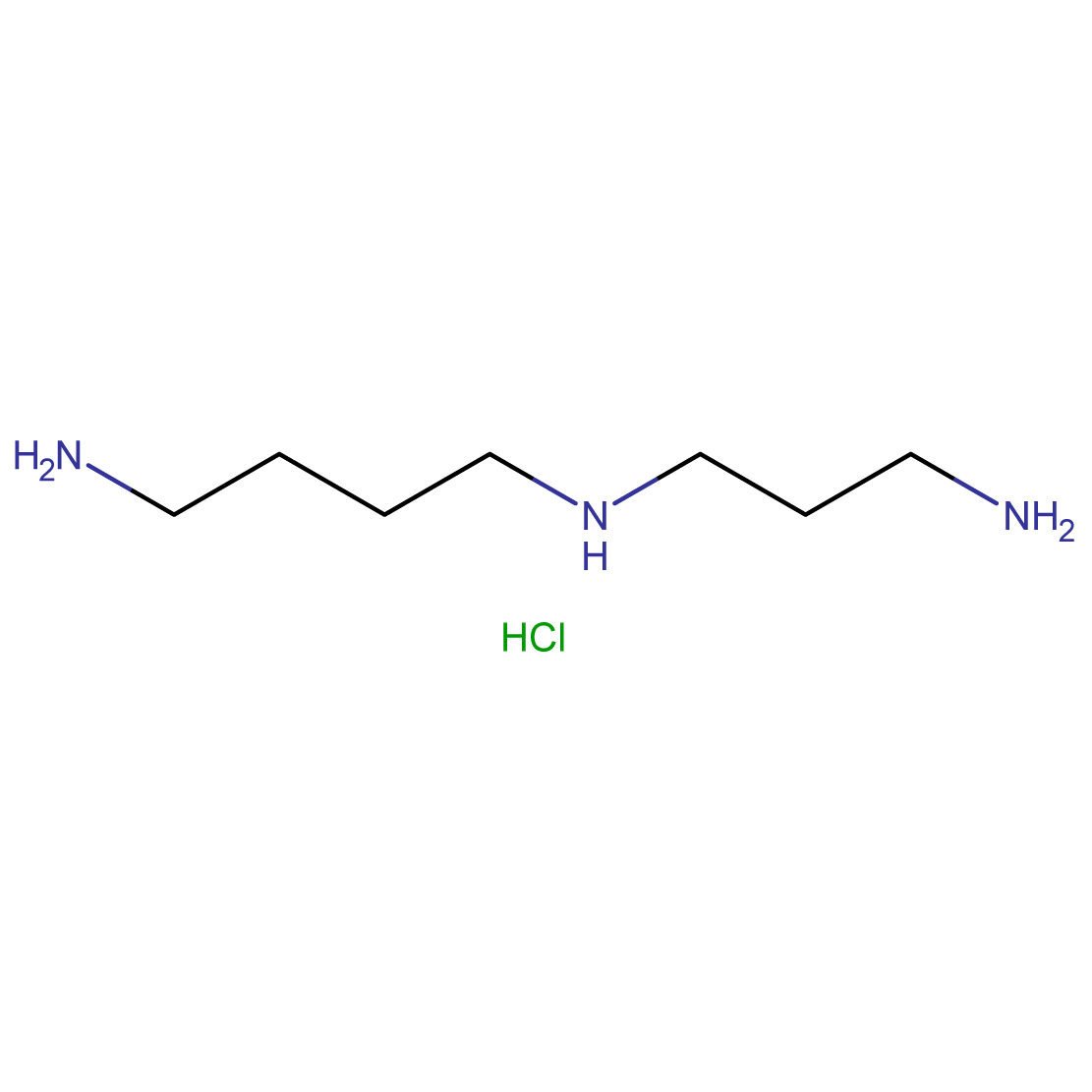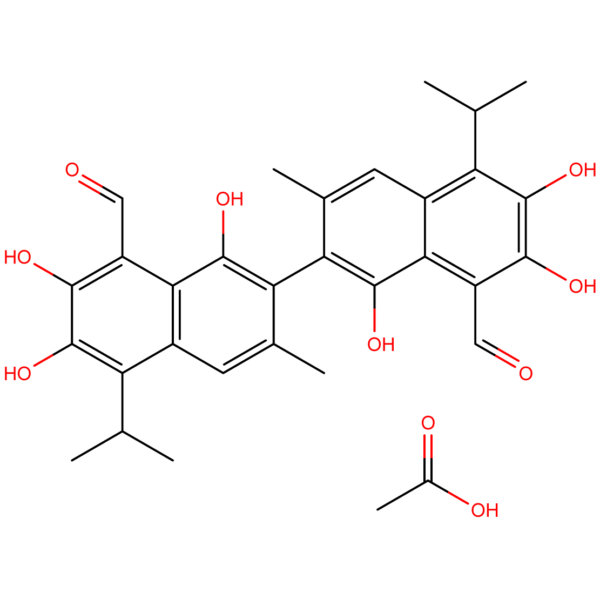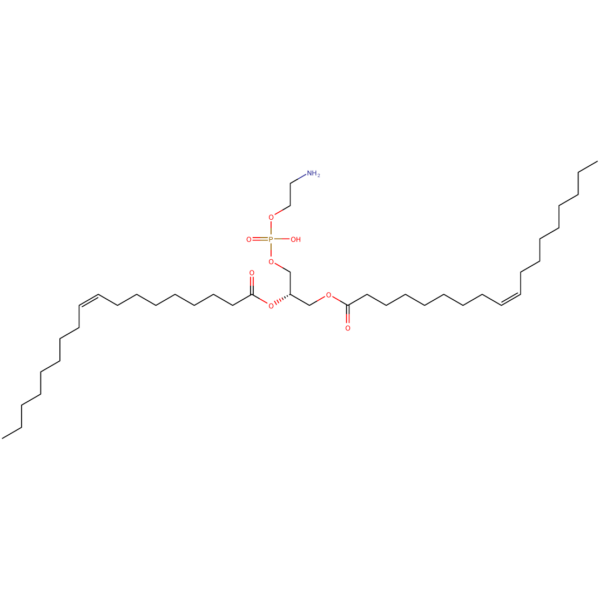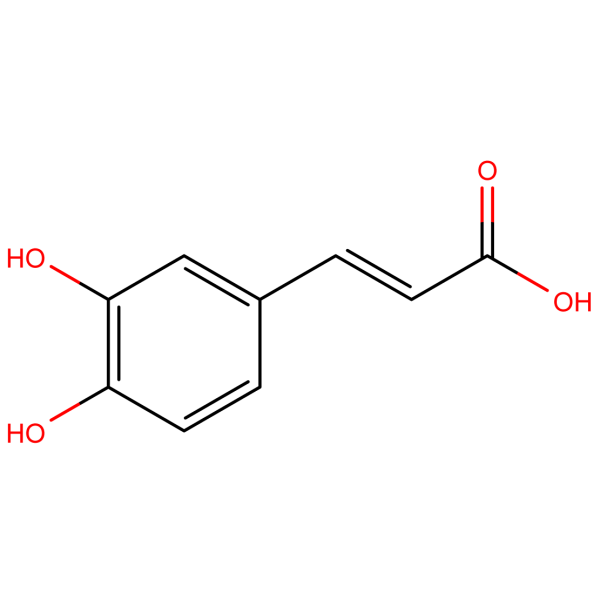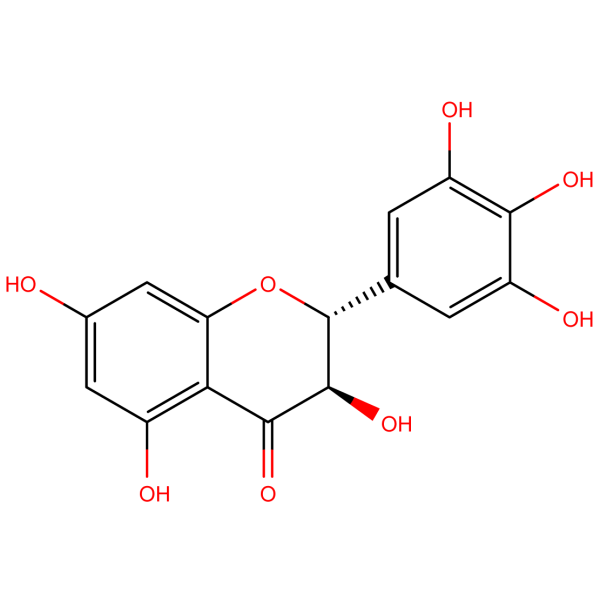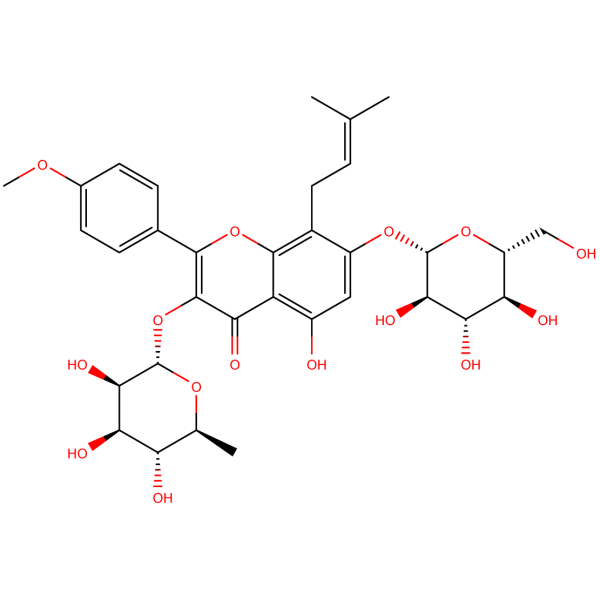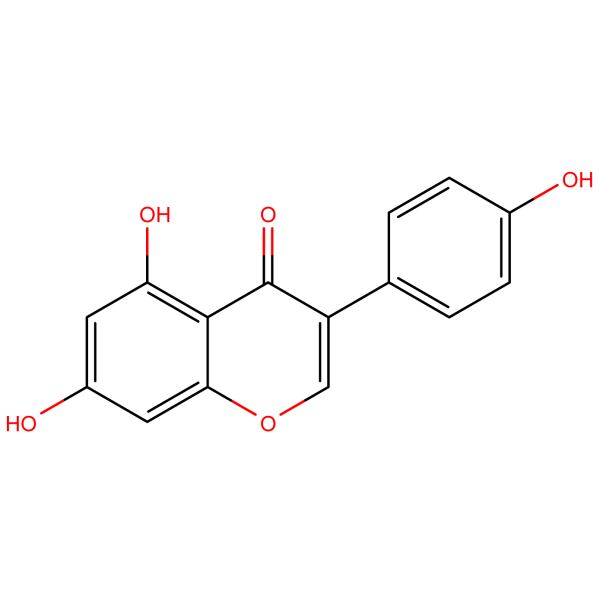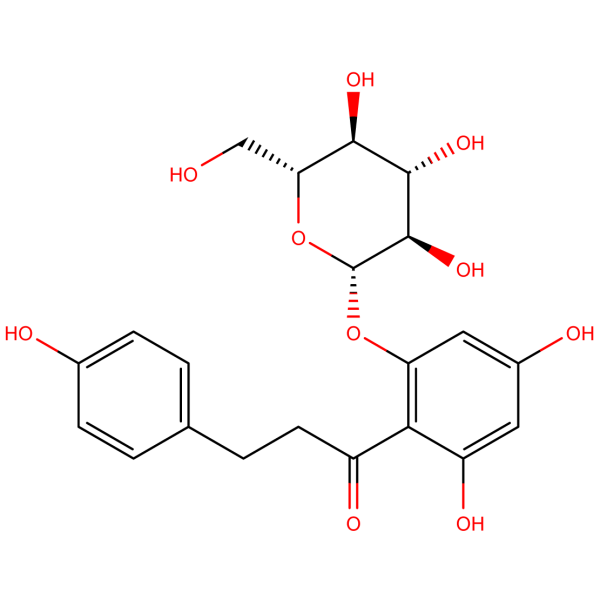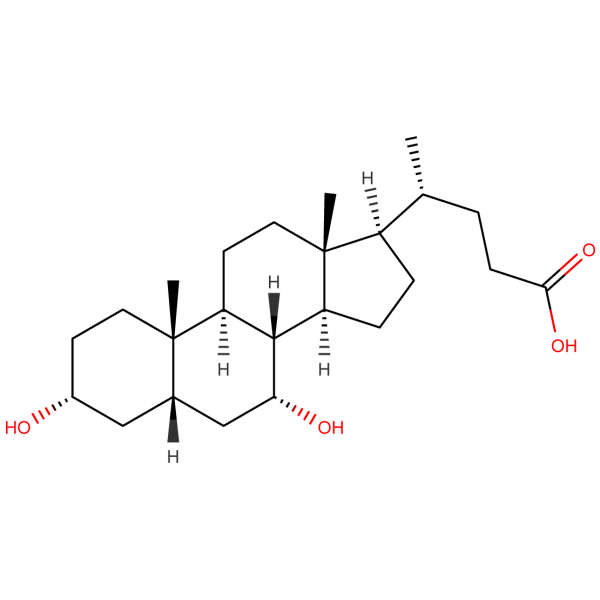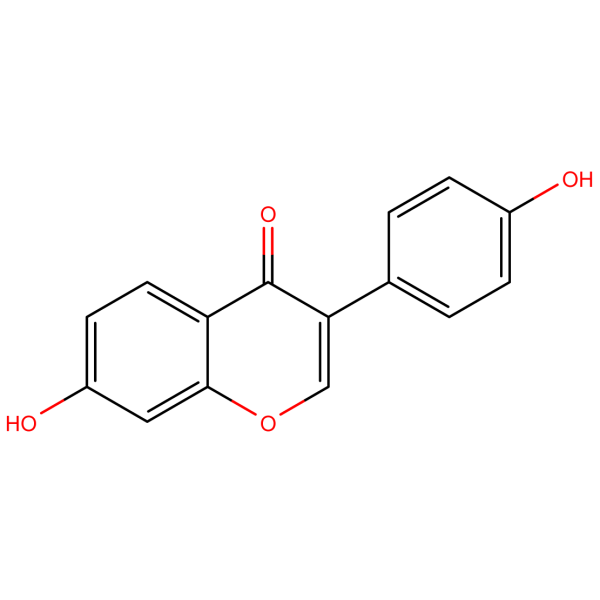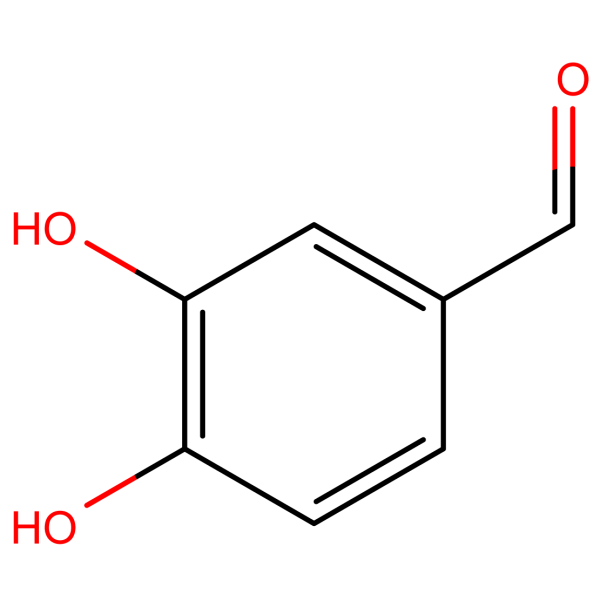Spermidine Trihydrochloride: Essential Polyamine for Cellular Research
1. Molecular Identity
- Chemical Name: N-(3-Aminopropyl)butane-1,4-diamine trihydrochloride
- CAS Number: 334-50-9
- Source: Synthetically produced, naturally occurring in all eukaryotic cells
2. Biochemical Significance
Spermidine trihydrochloride is a salt form of spermidine, a crucial polyamine involved in various cellular processes. Its unique structure and multiple biological roles make it a compound of significant interest in cell biology, aging research, and potential therapeutic applications.
3. Key Properties
- Autophagy Inducer: Promotes cellular “self-cleaning” mechanisms
- Cell Growth Regulator: Essential for cell proliferation and differentiation
- Longevity Enhancer: Associated with increased lifespan in various model organisms
- Neuroprotective Potential: Shows promise in supporting cognitive function
4. Potential Research Applications
- Aging and longevity studies
- Neurodegenerative disease research
- Cancer biology investigations
- Cellular stress response studies
5. Current Research Focus
Ongoing studies are investigating Spermidine trihydrochloride’s effects on:
- Autophagy mechanisms and their impact on cellular health
- Cognitive function and neuroprotection in aging models
- Epigenetic modifications and gene expression
- Cardiovascular health and protection
6. Formulation Challenges and Innovations
Researchers are actively working on:
- Enhancing stability in various experimental conditions
- Developing targeted delivery systems for improved cellular uptake
- Creating synergistic combinations with other autophagy inducers
7. Regulatory Considerations
Spermidine trihydrochloride (CAS 334-50-9) is primarily used for research purposes. Any potential therapeutic applications would require extensive safety and efficacy evaluations to meet regulatory standards.
8. Future Research Directions
The scientific community anticipates:
- Advanced clinical trials for age-related disorders
- Exploration of spermidine’s role in metabolic health
- Development of spermidine-based interventions for various health conditions
9. Collaborative Opportunities
We invite cell biologists, gerontologists, neuroscientists, and academic institutions to explore the research potential of Spermidine trihydrochloride. For inquiries, collaborations, or to discuss how Spermidine trihydrochloride can benefit your research projects, please contact us at sales@nstchemicals.com.
Join us in advancing cellular and aging research with Spermidine trihydrochloride – a key polyamine at the forefront of longevity and cellular health studies.

